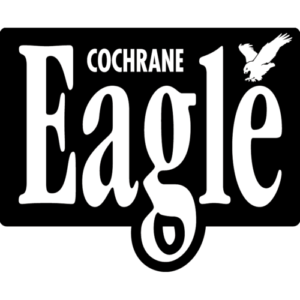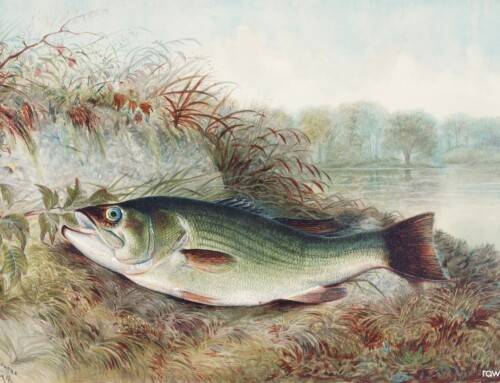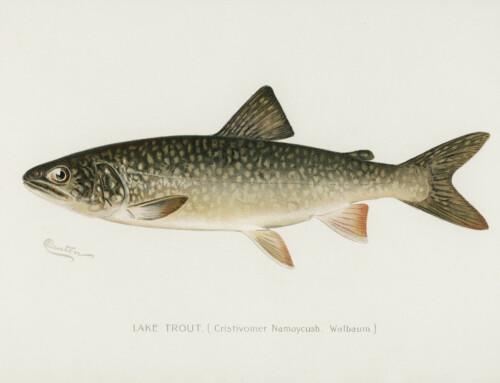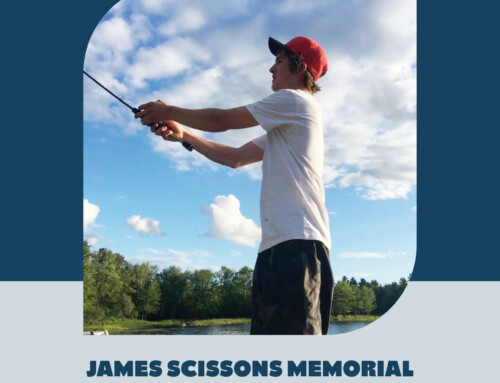Originally Published by the Cochrane Eagle, February 9, 2017
By Lindsay Seewalt
Until Alberta Environment gets a better picture of how evolved the parasite that causes fish whirling disease is, recreational users of the Bow River are cautioned to exercise vigilance and ensure their vessels, fishing equipment and even the mud on their boots is not leaving one body of water and entering another.
That means draining all vessels and boating/watercraft/fishing equipment; allowing it to dry out for a 24 hour period before placing it in another body of water; never releasing live bait into a body of water; and possibly sanitizing equipment.
“Are we about to see it unfold or has it been around for 20 years already?” asked Kevin Fitzsimmons, a senior biologist in Cochrane with the Alberta Conservation Association.
“I think it really depends on where we are in the evolution or progress of the parasite.”
For Cochrane fish guru and director of Bow Valley Habitat Development, Guy Woods, he sees the disease as potentially a “major concern as a sport angler” and as having an even bigger potential impact on the entirety of the ecological system– to be determined through further research to establish how long the parasite has been lurking in these waters.
The Canadian Food Inspection Agency (CFIA) said the disease infects juvenile fish and causes them to whirl around in circles. Whirling disease, which infected fish in the in Bow River in Banff National Park last August, has a mortality rate of up to 90 per cent.
Multiple locations along the Bow River through south Calgary have since been confirmed, both upstream and downstream of Cochrane – including at least one government-licensed commercial aquaculture facility.
The Eagle attempted to contact nearby fish farm, Allen’s Trout Farm. A voicemail recording stated it was “closed due to unforeseen circumstances until further notice” and to contact Smoky Trout Farms as it is “the only (fish farm) currently open in Southern Alberta”.
According to Max Menard of Smoky Trout Farms the facility tested negative last fall, but the entire aquaculture industry is “in limbo” and he is uncertain how many other private facilities have faced temporary closures due to the disease.
He said the discovery last year was an “upheaval” as fish whirling disease has been “off the radar” for many years and was considered to only be a problem in the U.S, adding there is likely more testing, stringent regulations and mitigation measures on the horizon.
He said the discovery will likely result in a shortage of fish on the private sector side until next year.
Smaller, private facilities such as Smoky Trout Farms stock residential or small town-owned ponds, while government facilities stock lakes. Unlike other industries, such as cattle, Menard said the CFIA does not compensate for aquaculture losses – possibly because it’s deemed a high-risk industry.
According to Brett Wittmeier, spokesperson for Minister of the Environment Shannon Phillips, the ministry is “working the CFIA to quarantine fish farms and hatcheries to prevent the spread of whirling disease, which may affect the number of fish stocked for the 2017 fish season.”
Mitford Pond has long been Cochrane’s favourite training grounds for young anglers, as children ages 12 and under are allowed to fish in the stocked pond that reaches a maximum depth of 15 feet. Children are allowed to keep one fish per day during the fishing season. The pond is catch and release for adults.
To read more visit the Cochrane Eagle.







